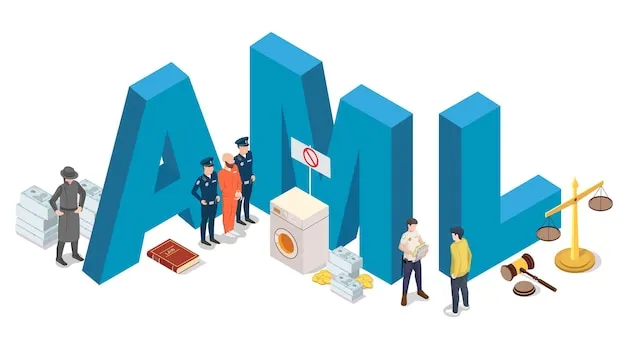Imagine enjoying your favorite dessert every night before bedtime, but one night, you discover that the chef uses low-quality ingredients that are harmful for your body.
Just like it’s important to know what you’re eating for your health, it’s equally important to understand what goes behind companies you are investing in .
What is stakeholder diligence?
Stakeholder diligence comprises the assessment of the views and perspective of stakeholders associated with a business. This includes:
Internal Stakeholders: Any stakeholder who has direct interest in the organization and is directly involved in the operations of the organization. This includes Promoters, Employees and Board Members and all other related stakeholders working inside the company.
External stakeholders: Any stakeholder who has interest in the organization and is not directly involved in the operations of the organization. This includes Customers, Suppliers, Investors, Communities, Competitors and any other stakeholders working with the company but as separate identities.
Why is stakeholder diligence important?
Stakeholder diligence is crucial before investing in a company for several reasons:
Risk Assessment: Understanding a company’s stakeholders, including its customers, suppliers, employees, and community, helps investors assess the potential risks associated with the investment. For example, if a company has a history of labor disputes or customer complaints, it may indicate operational or reputation risks.
Financial Health: Stakeholder diligence can provide insights into a company’s financial health. For instance, understanding the relationships with suppliers can reveal potential supply chain vulnerabilities that might impact the company’s profitability.
Legal and Regulatory Compliance: Investigating a company’s interactions with stakeholders can help determine if it complies with legal and regulatory requirements. Non-compliance can lead to legal issues, fines, or reputational damage.
Reputation Management: A company’s reputation can significantly impact its long-term success. Investigating stakeholder relationships can reveal issues that might harm the company’s reputation, such as ethical or environmental concerns.
Operational Efficiency: Stakeholder diligence can help investors assess a company’s operational efficiency. For instance, examining relationships with suppliers can reveal opportunities for cost savings or operational improvements.
Market Opportunities: Understanding a company’s customer base and relationships can provide insights into potential market opportunities or areas for growth.
Long-Term Value: Investors often seek long-term value in their investments. A company that maintains positive relationships with its stakeholders is more likely to thrive in the long run, leading to sustained returns for investors.
Conflict Resolution: Identifying conflicts or disputes with stakeholders allows investors to assess the company’s ability to manage and resolve such issues effectively. Poor conflict resolution can lead to disruptions that affect the investment’s value.
Alignment with Values: Some investors have specific values or ethical principles they want their investments to align with. Stakeholder diligence helps ensure that the company’s values align with those of the investor.
Stakeholder diligence is essential for assessing the overall health of a company as It provides investors with valuable information to make informed decisions, mitigate risks, and maximize the potential for a successful investment.
How do we approach Stakeholder Diligence?
At Auxano, we carefully check what people think and feel about our company in two different ways:
We begin with broad diligence from the target company’s stakeholders where we ask questions to customers, suppliers, employees and other stakeholders to learn about the business as a whole. We uncover strengths, weaknesses, opportunities and threats that affect our decision to invest into the company.
Then, we switch to a defined approach of diligence. This begins with the end in mind, the objective we wish to validate. Say, what is the possibility of further reducing procurement costs from suppliers to achieve break even within an year. This helps us validate concerns that affect an investment from happening.
This process helps us in making informed decisions based on a deeper understanding of what the stakeholders think to go through as an investment.
Author:
Kanuj Jadwani



